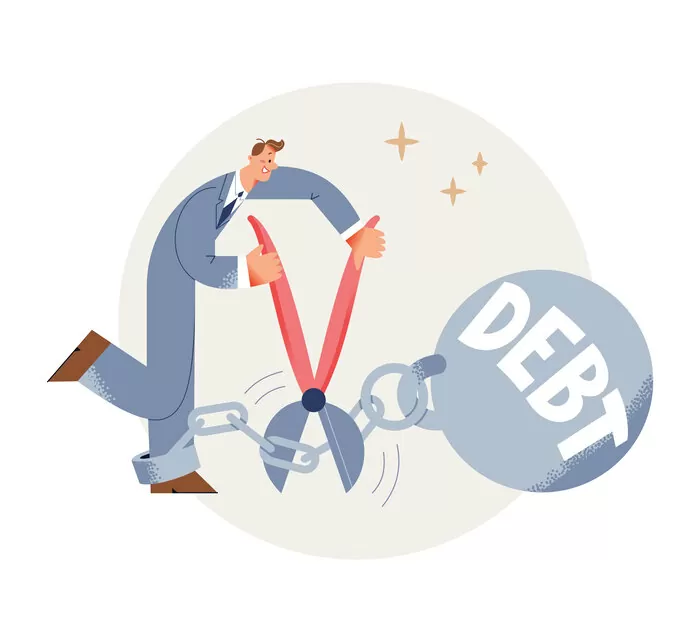If you want to fix your credit and improve your finances, it’s essential to know how to use debt validation requests effectively. Debt validation letters are governed by the Fair Collection Practices Act and can be used to ask for proof that you’re legally obligated to pay a debt, such as student loans, collections, or child support. In this article, we’ll provide expert advice to help you understand how to use this tool and gain financial freedom.
Debt Validation vs Verification
It’s important to understand the difference between debt validation and verification requests. Verification requests are used to confirm the existence of a debt, while validation requests are used to prove that the creditor has the legal right to collect the debt. Failing to request validation can harm your credit score, so it’s crucial to validate before adding any information to your credit reports.
Validating Information and Legal Consequences
Validating information before adding it to credit reports is crucial because negative marks can lead to legal action. Violating the Fair Credit Reporting Act or Federal Collection Practice can result in legal consequences, such as removing negative items from credit reports or getting compensation for damages. During the validation period, all debt collection activities must stop. It’s important to consult with a knowledgeable attorney from the Federal Trade Commission (FTC) for credit report violations and provide proper documentation for investigation.
Requesting Validation
Payment for credit reports depends on results, and credit agencies don’t validate information. To request validation, send your requests via certified mail with a green return receipt. If there’s no response within 30 days, assume the debt isn’t valid. When requesting validation, make sure you gather all necessary information and hold the other party responsible for providing sufficient paperwork. The debt collector must provide the requested information; otherwise, you’re not obligated to pay the debt.
Final Thoughts
Debt validation is a vital tool in the credit repair process. By understanding the importance of debt validation requests, you can safeguard yourself from negative credit reporting and legal consequences. Hold debt collectors accountable for providing sufficient paperwork and consult a knowledgeable attorney from the FTC for credit report violations. Follow these tips to navigate the debt validation process and achieve financial freedom.
